BOHOL, November 15, 2022 – Department of Agriculture- Special Area for Agricultural Development (DA-SAAD) Program Central Visayas conducted project proposal training and extended technical service to 32 field implementers, in preparation for Phase 2 implementation.
The training was attended by the SAAD staff from the Regional Program Management Support Office (RPMSO 7) and Provincial Program Management Support Office (PPMSO) from the three (3) currently-covered provinces of Negros Oriental, Siquijor, and Bohol on September 26-28, 2022 at the Bohol Agricultural Promotion Center, Tagbilaran City.
As Phase 1 nears its conclusion, the Program implementers further strengthen organizing skills and practices to deliver more promising results in Phase 2. The activity led by Mr. Rafael Tagalog Jr., Project Development Plan Consultant, tackled project proposal making, and emphasized the importance of documentation, community needs assessment, and profiling.
The workshop also discussed cost and return analysis, operation and investment costs, project monitoring, evaluation, and sustainability.
Participants of the training identified and evaluated the process flow of project proposal crafting to assist the LGU and farmers in their future endeavors. They were able to formulate projects that are compliant to the principles and implementing guidelines of the SAAD Program like the “bottom-up” or participatory approach in selecting projects.
Moreover, the workshop established the importance of the project proposal, its crucial components, as well as its content, including description, rationale, goals, benefits, components, technical requirements, project cost and financing, management, time table of activities, social and environmental aspects, and implementation period.
The staff has agreed to follow one formula for return on investment computation and submit a draft proposal on the schedule agreed in preparation for the Phase 2 implementation.
This training is a product of the assessed immediate needs of the implementers for better service rendering according to learned experiences from the Phase 1 implementation.
Correspondingly, the learners’ main output is to apply all the ideas discussed and present a draft project proposal for practical exercise.
Analiza Manaba, Operations Officer assigned in RPMSO, shared her insights from the training. “Mapasalamaton gid mi, sa training nga giprovide sa program. Sa training lahi-lahi amoang nafeel. Pag first day kay nalipay, pag second day confusing and nag-adjust, pag third day nilihok na ang brain. We’re very grateful na na-enhance among skills and na addan among learning. Daghan mi na learn nga naay mga project nga dili kayo ingon nga helpful kayo. Mas maayo icompute through figures. Itatak namo sa among mind. Salamat kaayo sir,” she said.
(We are very grateful for the training provided by the program. We felt different during the training. On the first day we were happy, on the second day it was confusing and adjusting, on the third day the brain was working. We’re very grateful that our skills were enhanced and for the added learning. We have learned a lot that there are projects that you are not as helpful as you are. It is better to compute through figures. We will imprint it in our mind. Thank you very much, sir.)
Ways Forward
In Phase 2, eight (8) new municipalities from Cebu catering possibly 16 farmers’ associations (FAs) joined the three (3) provinces namely: Bohol, Negros Oriental, and Siquijor, that will remain part of SAAD-covered provinces. In summary, SAAD Phase 2 targets to cover 4 provinces, 24 municipalities, and serve 48 FAs.
Table 1. SAAD Phase 2 coverage

As the Program stretches to the second phase, the SAAD ensures appropriate training and workshops are in place to capacitate all its implementers and strengthen their organizing skills. ###
Writer: Jolina T. Daño, DA-SAAD Region 7 Information Officer

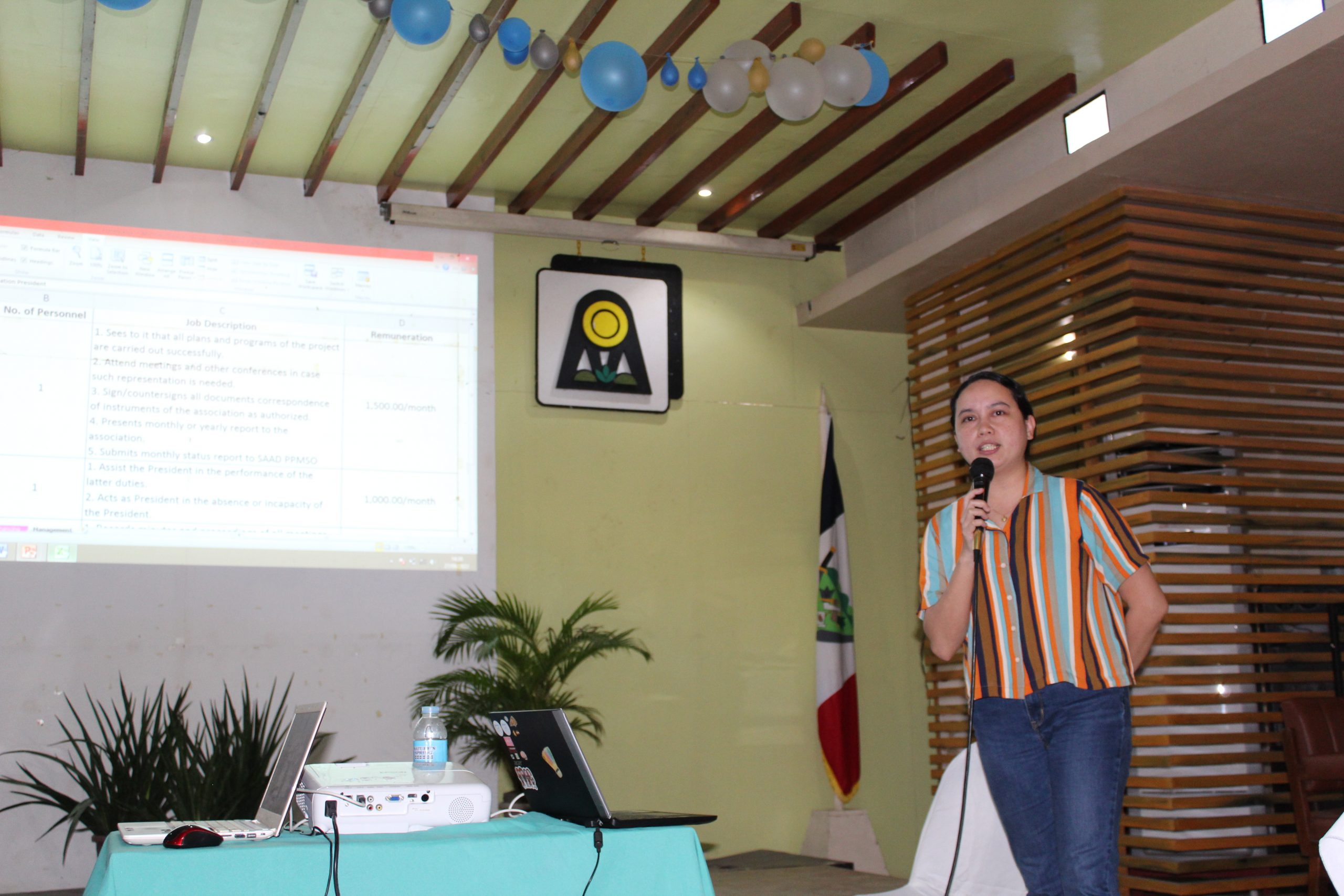

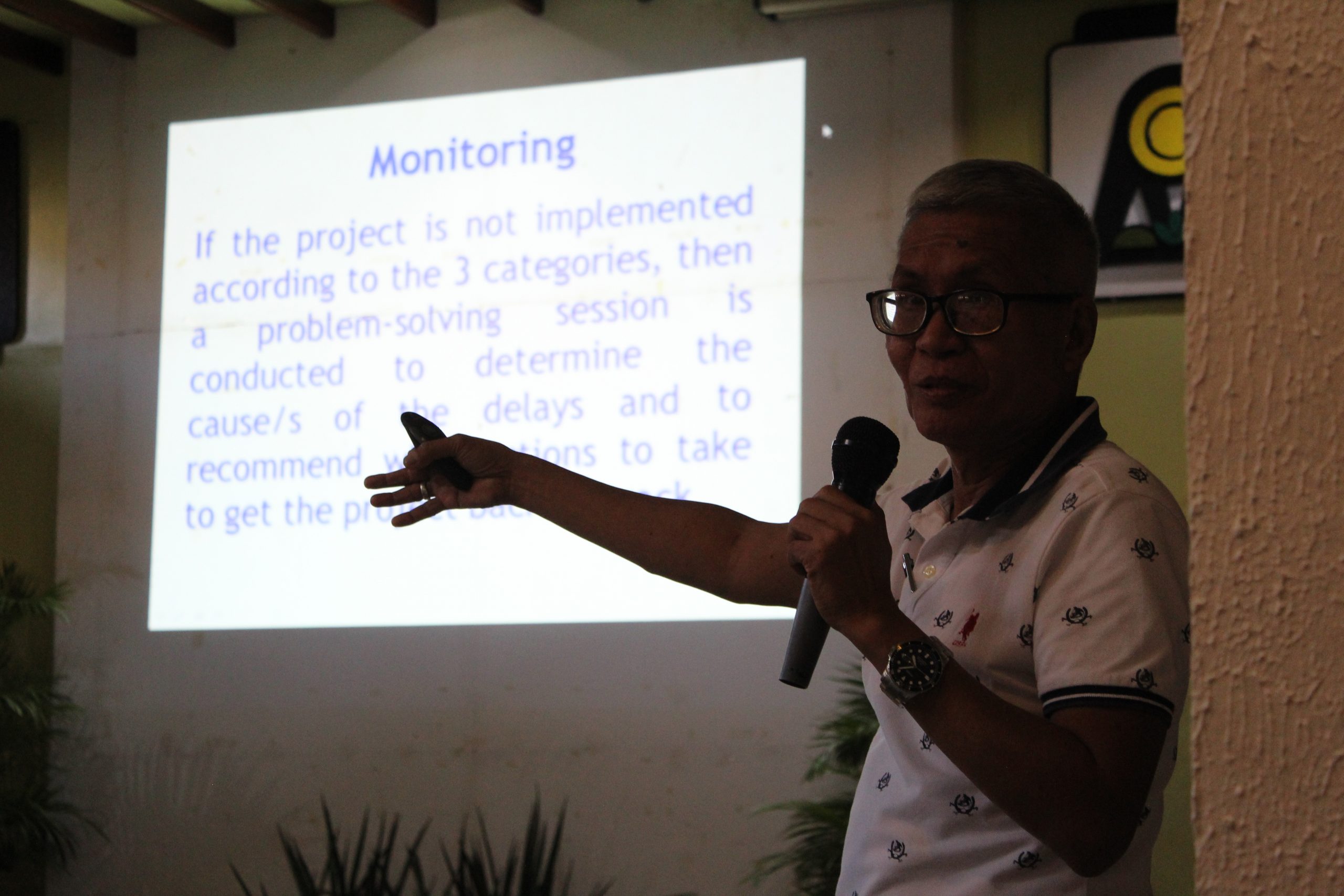
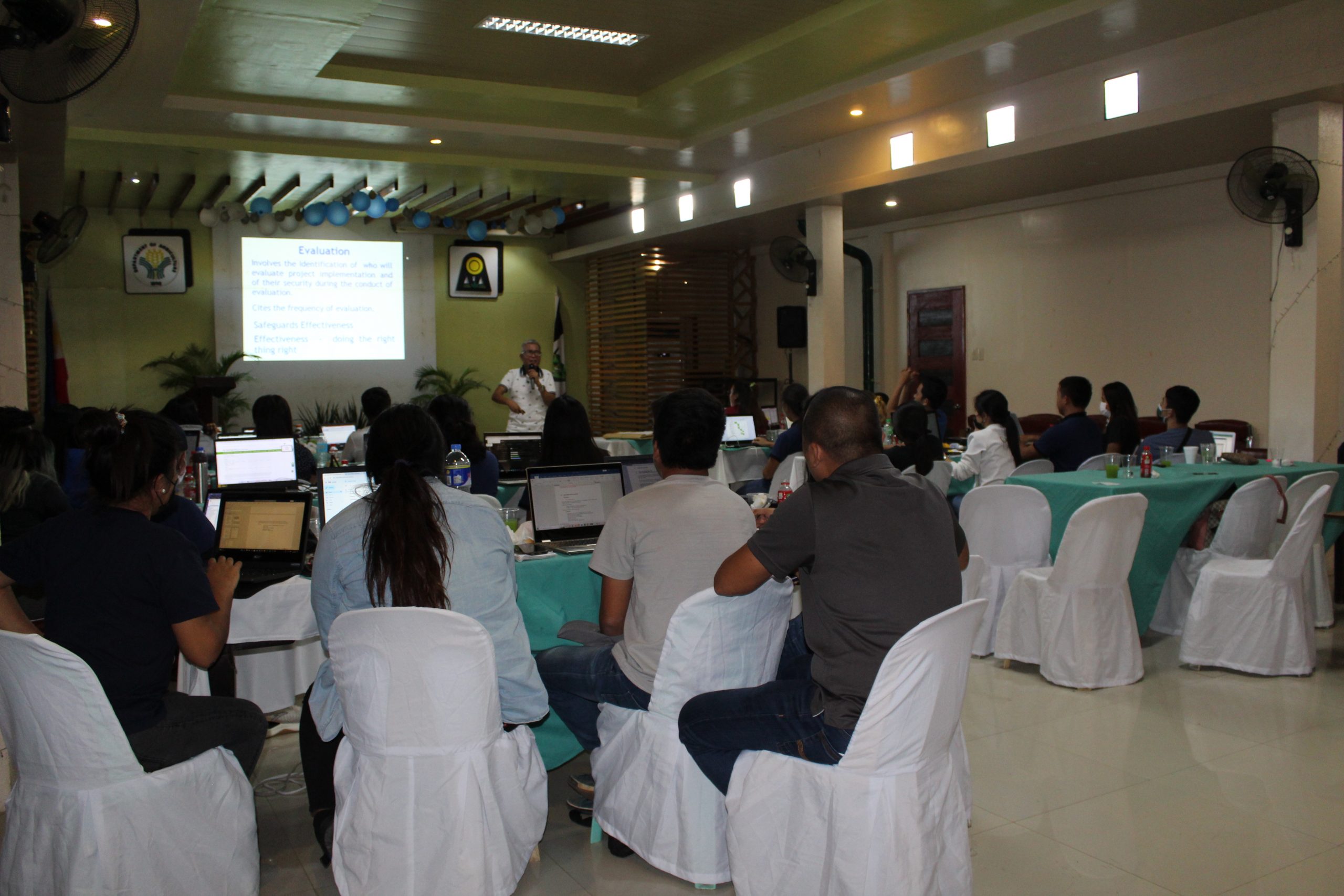
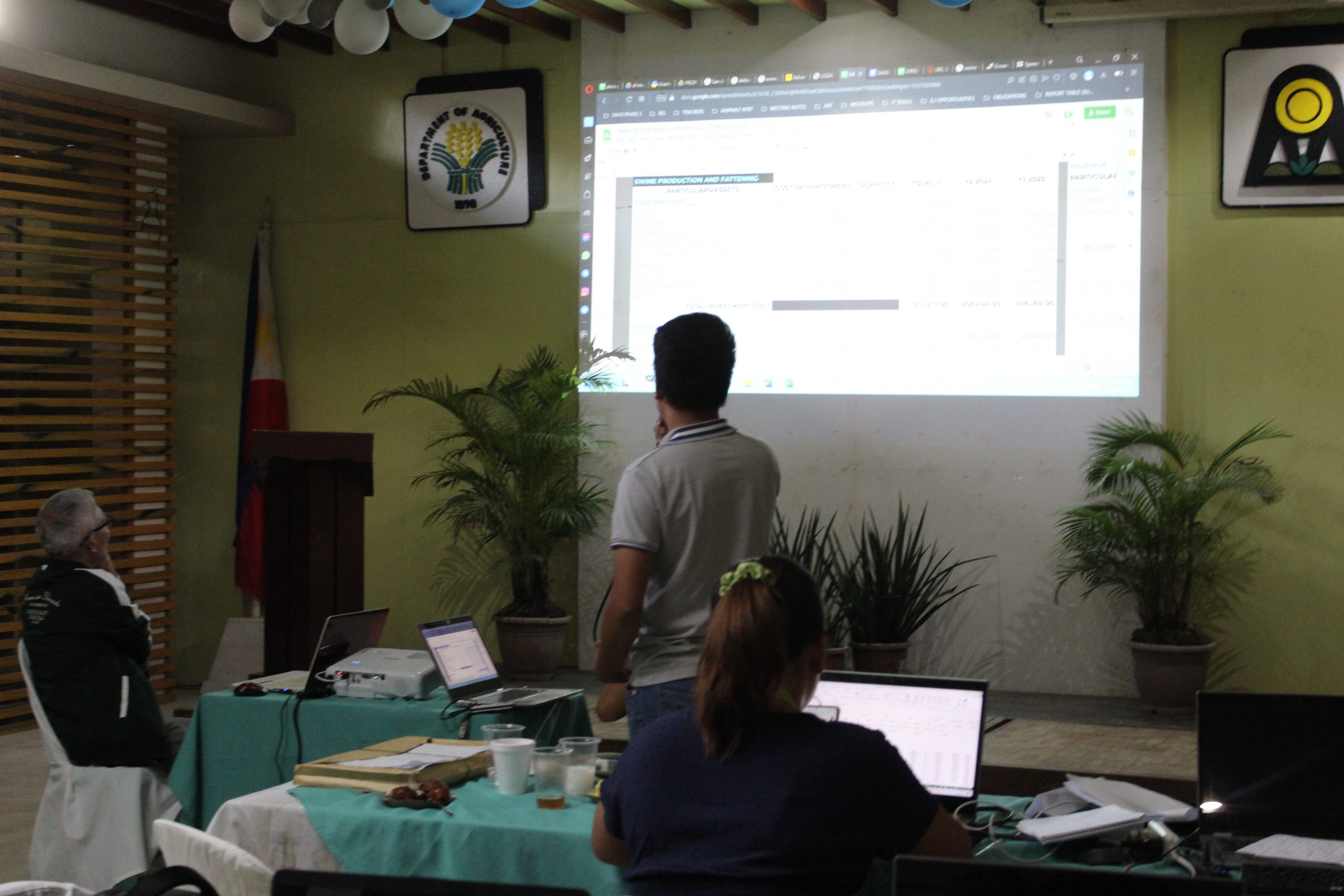
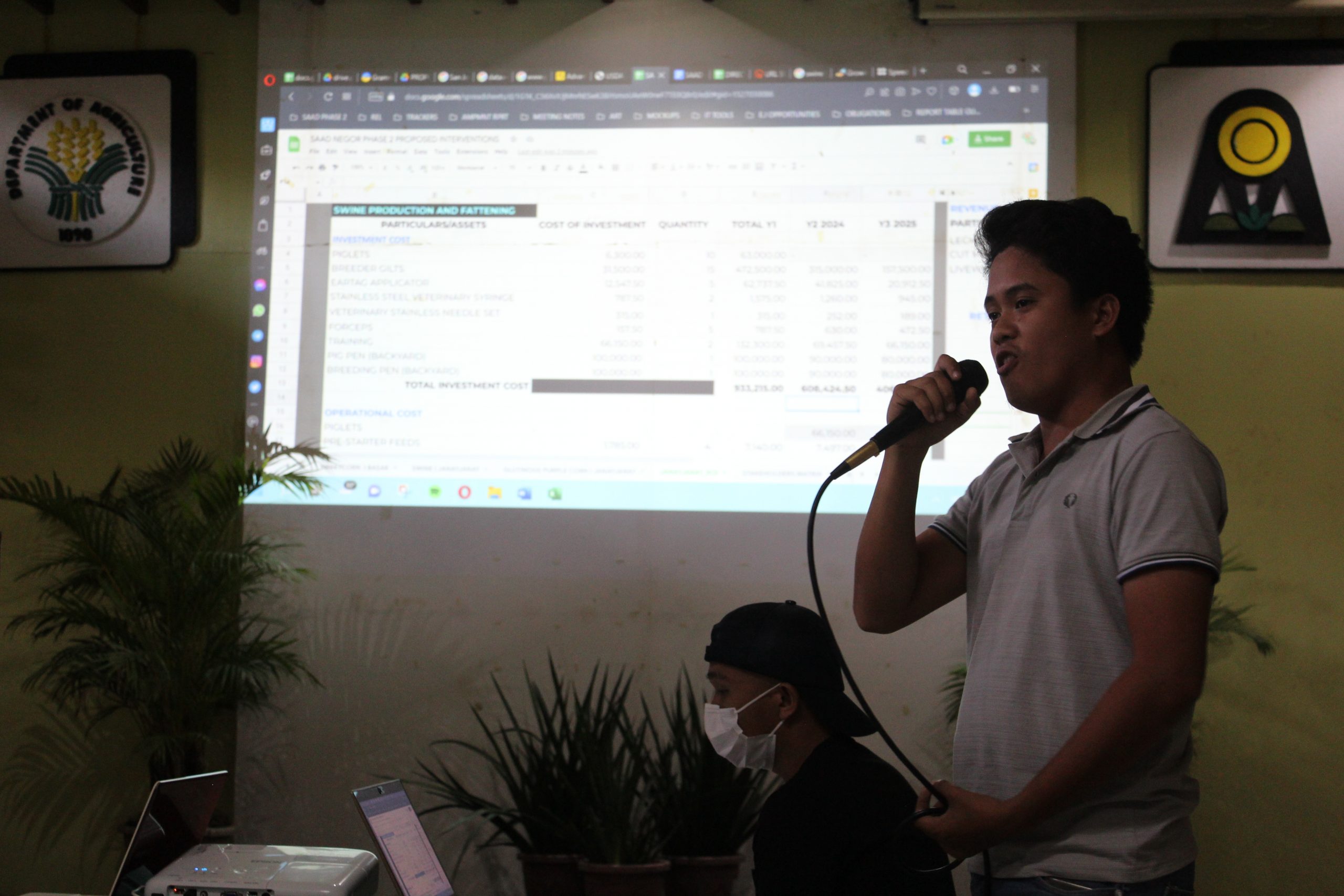
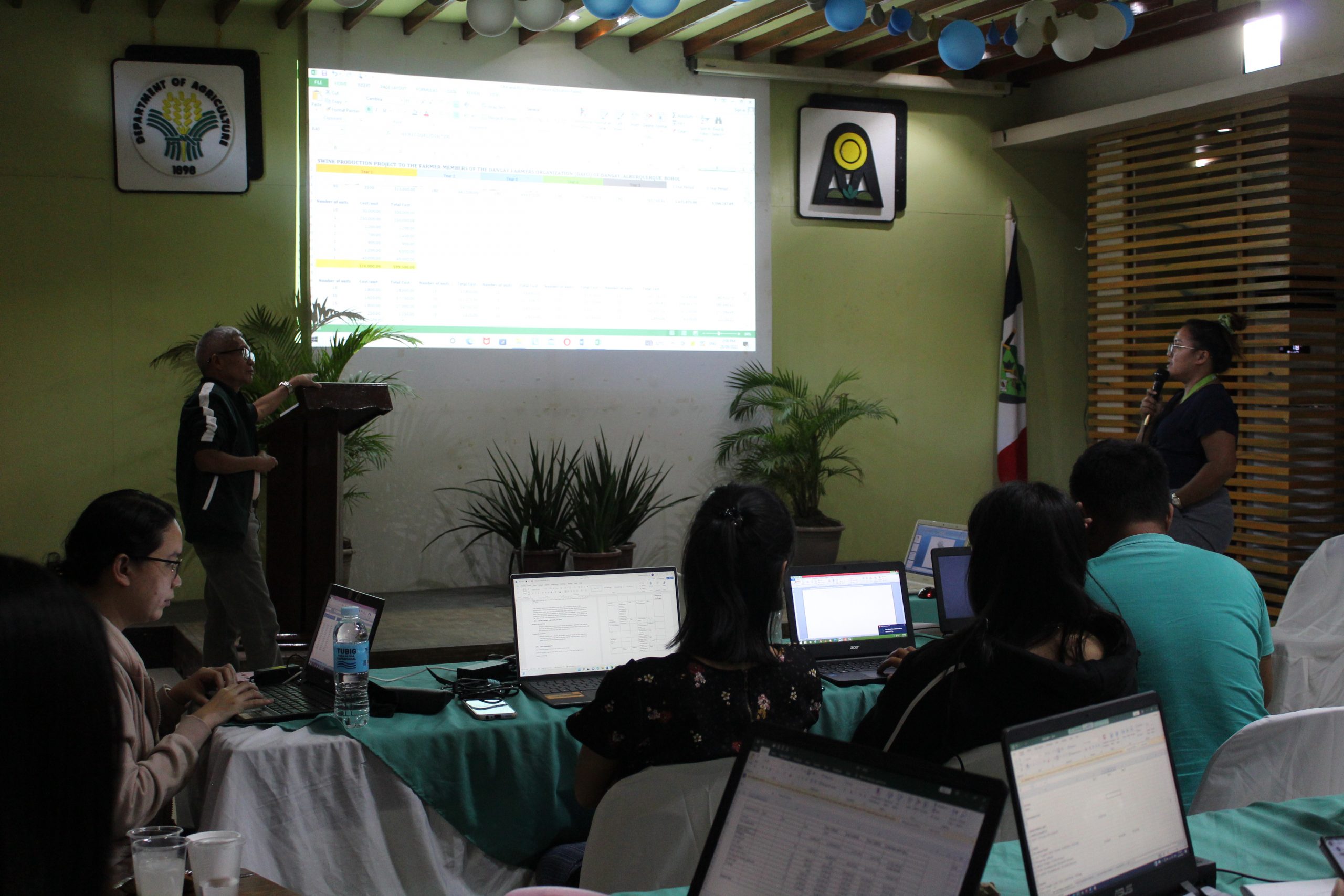
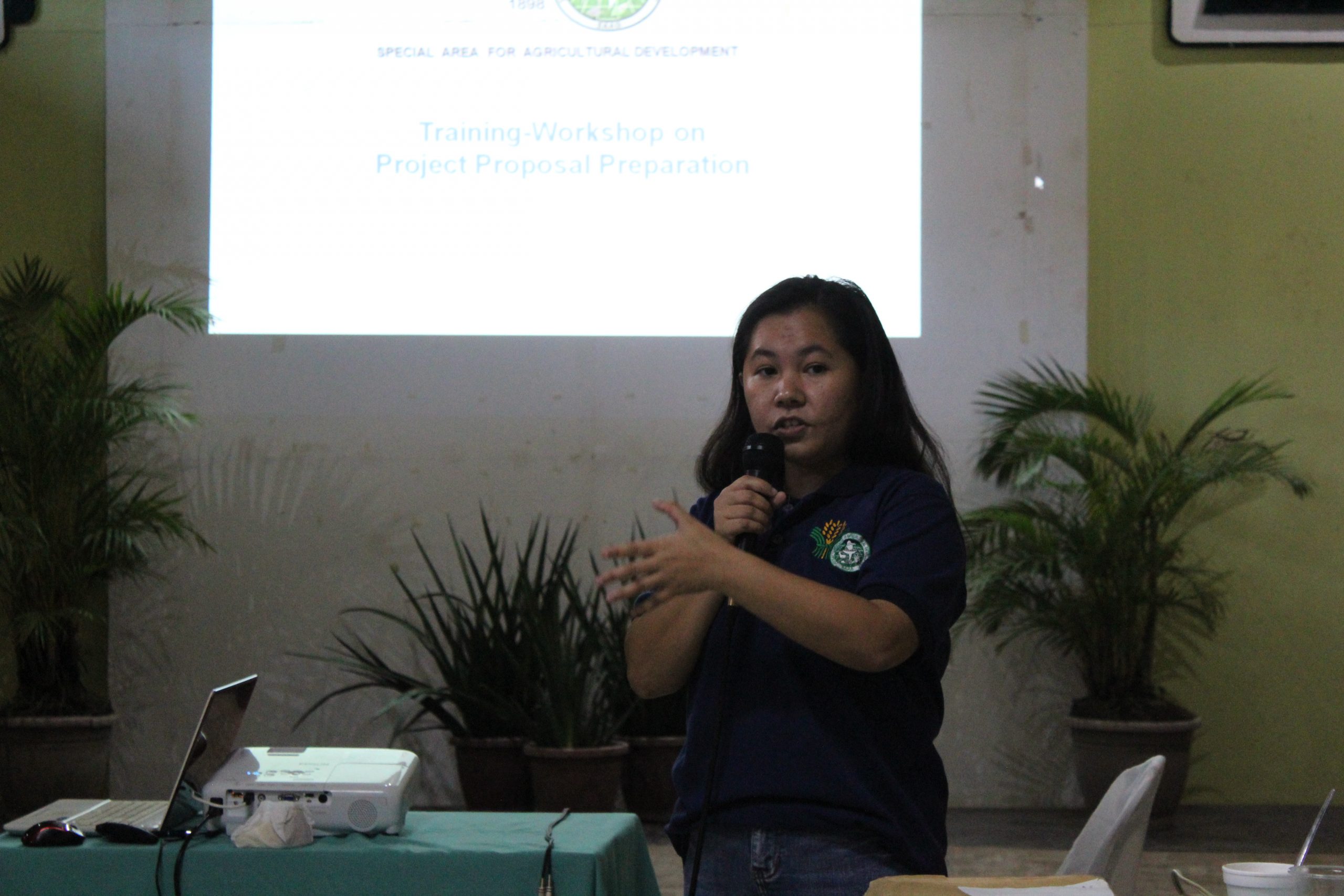
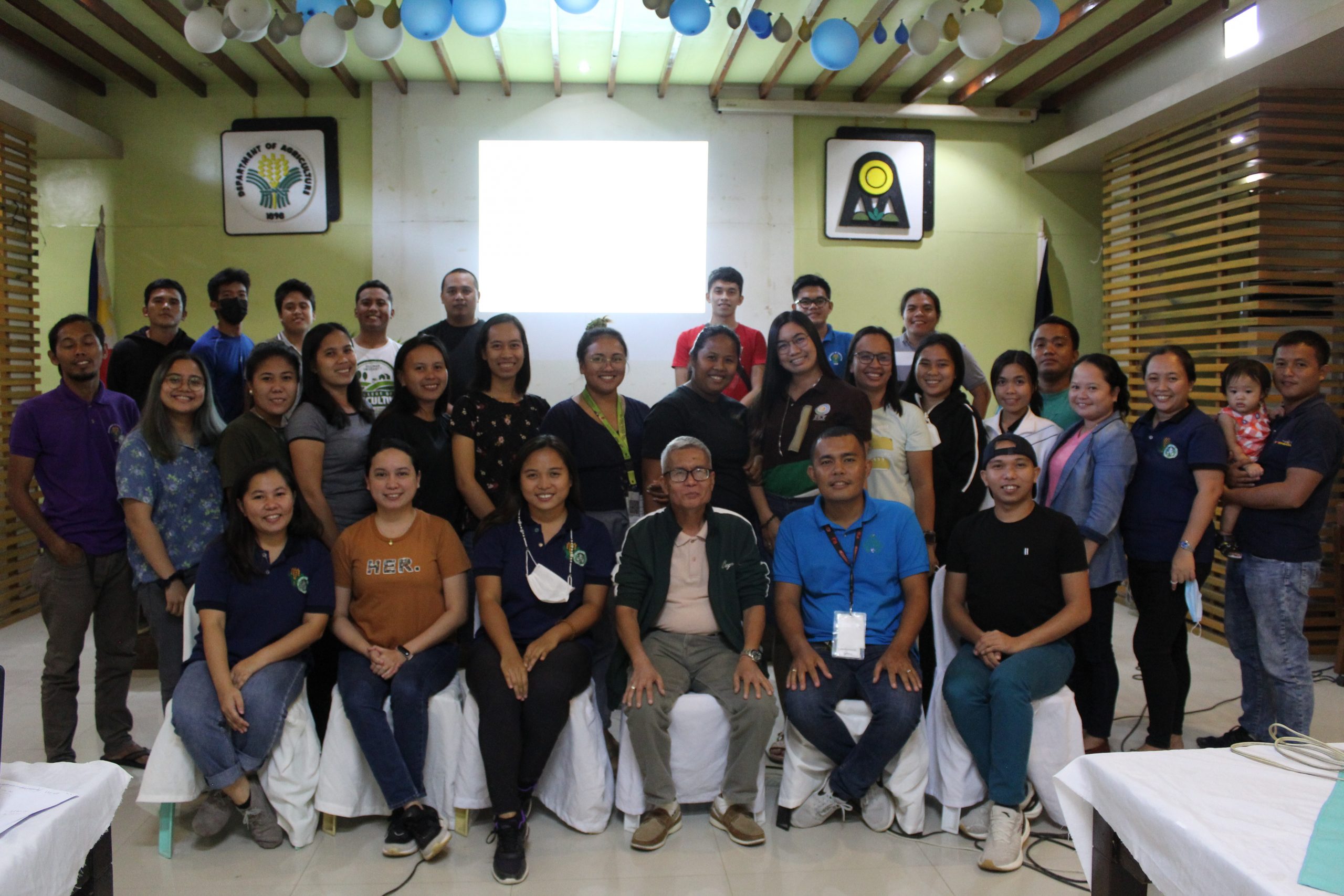
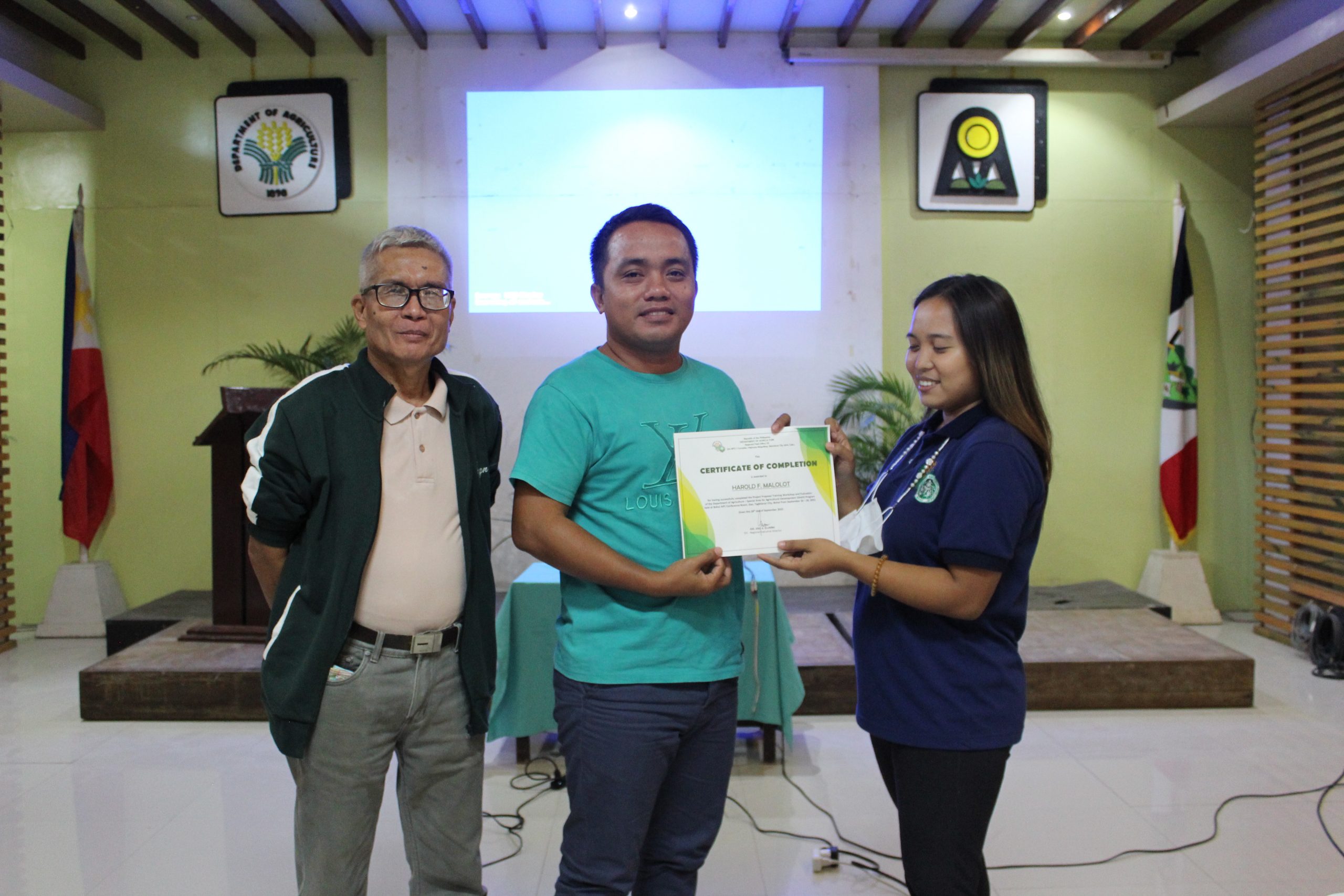
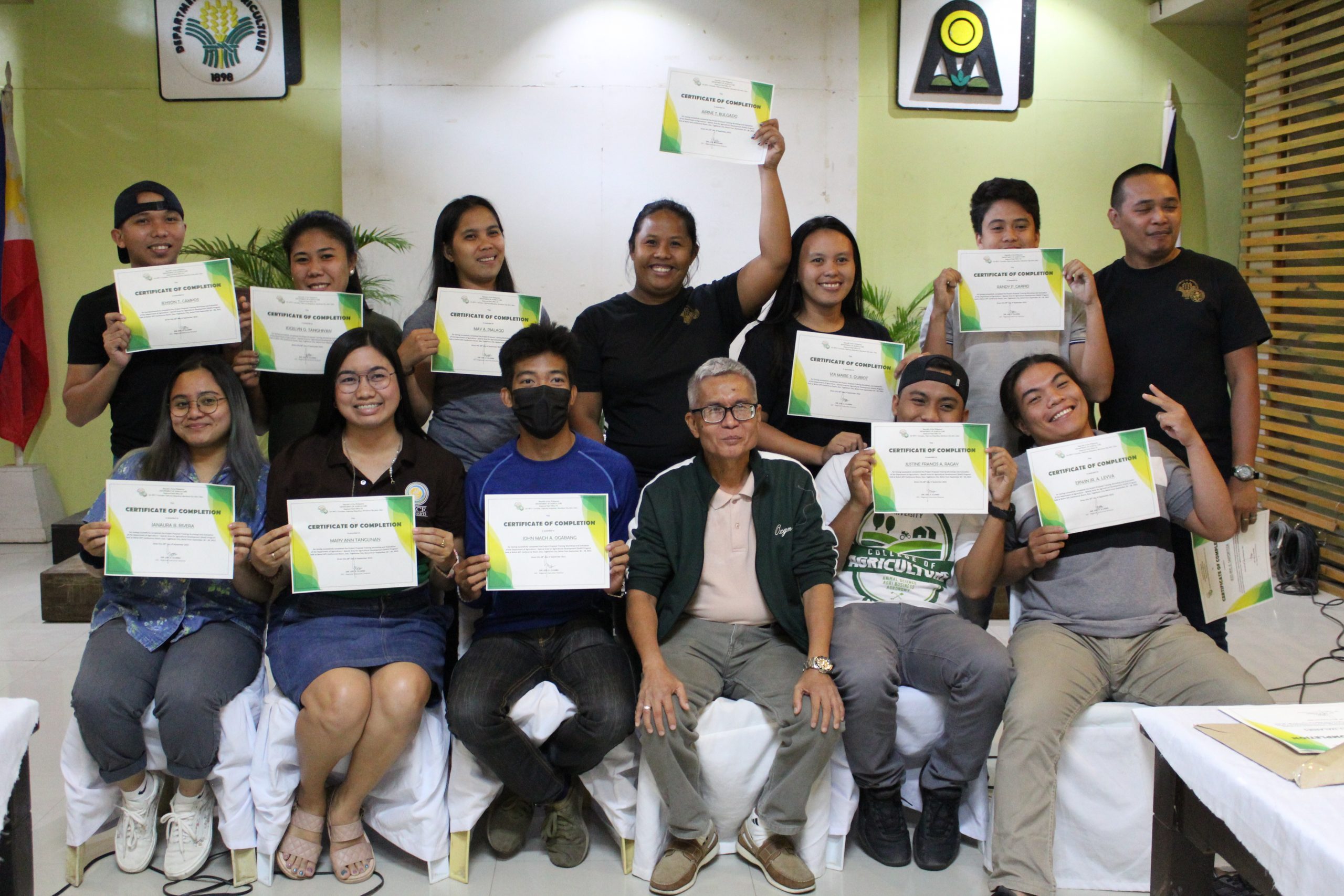

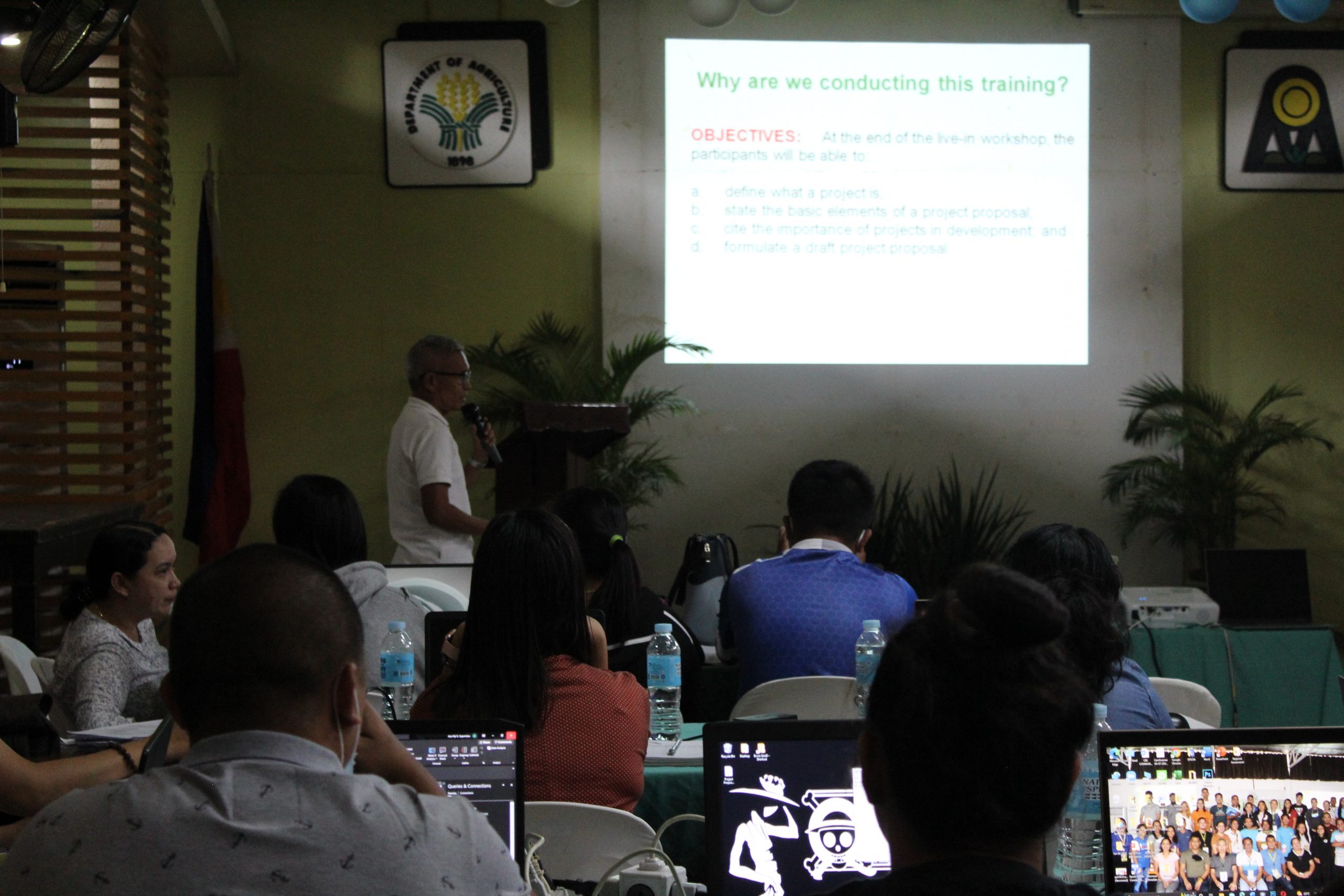
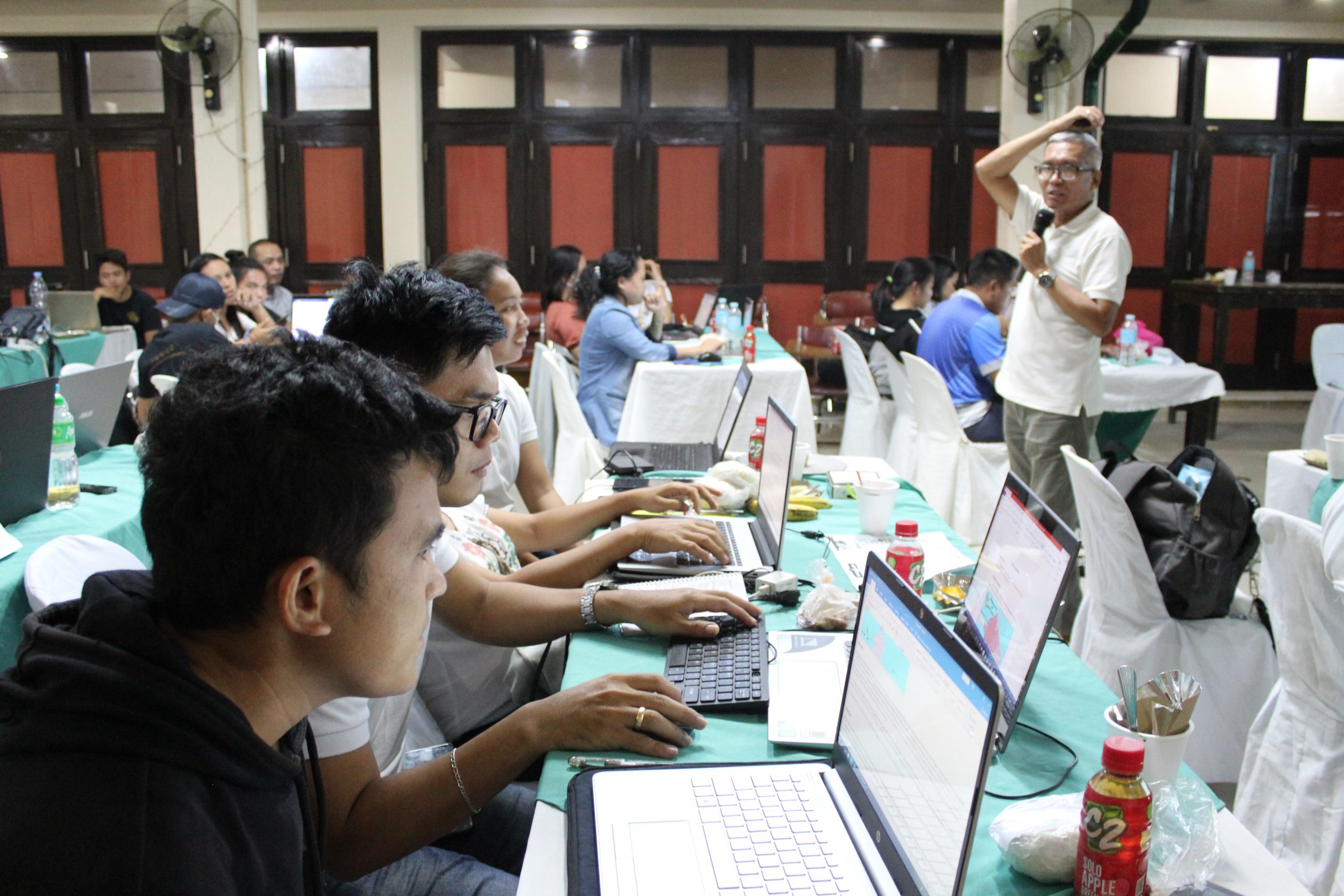

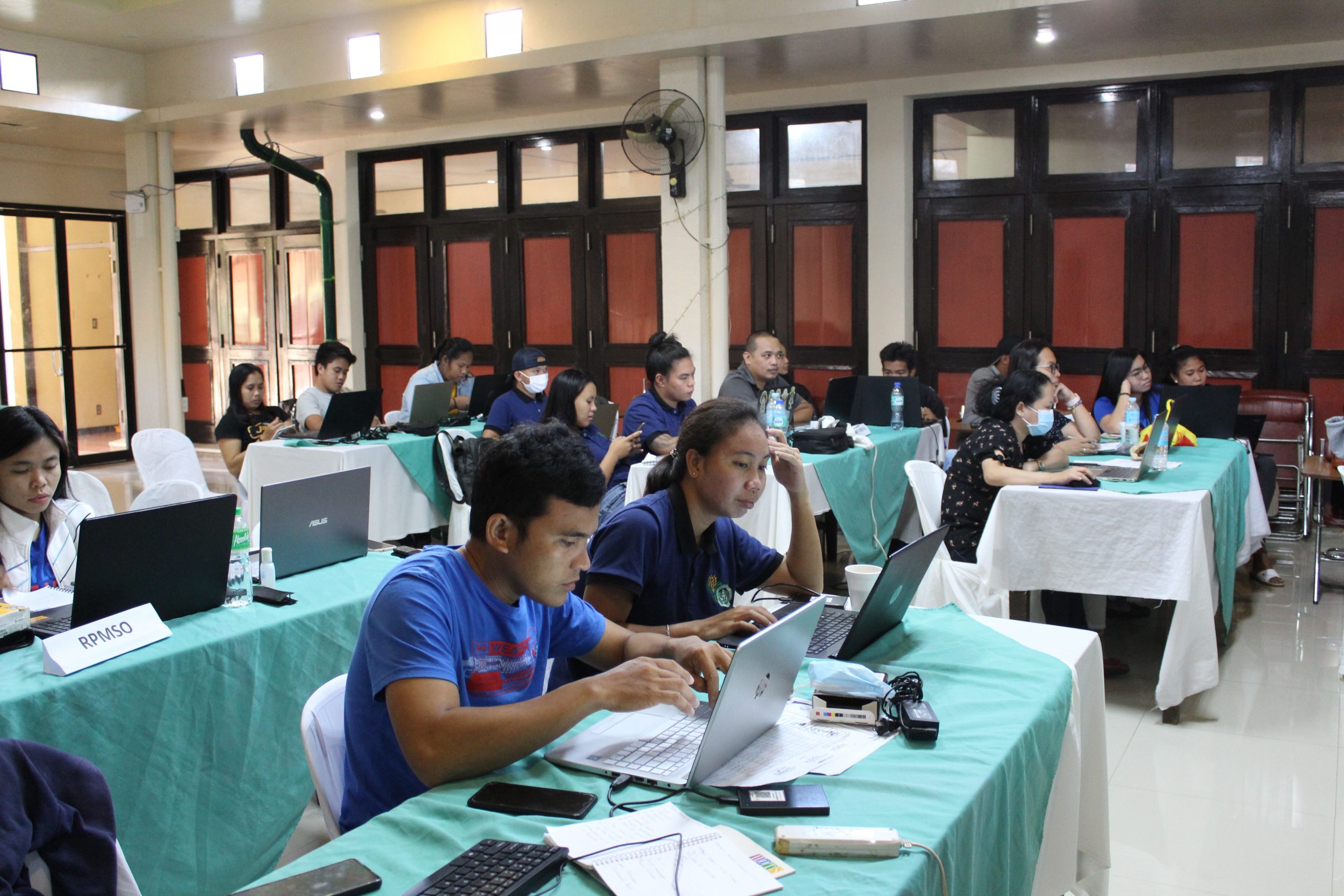
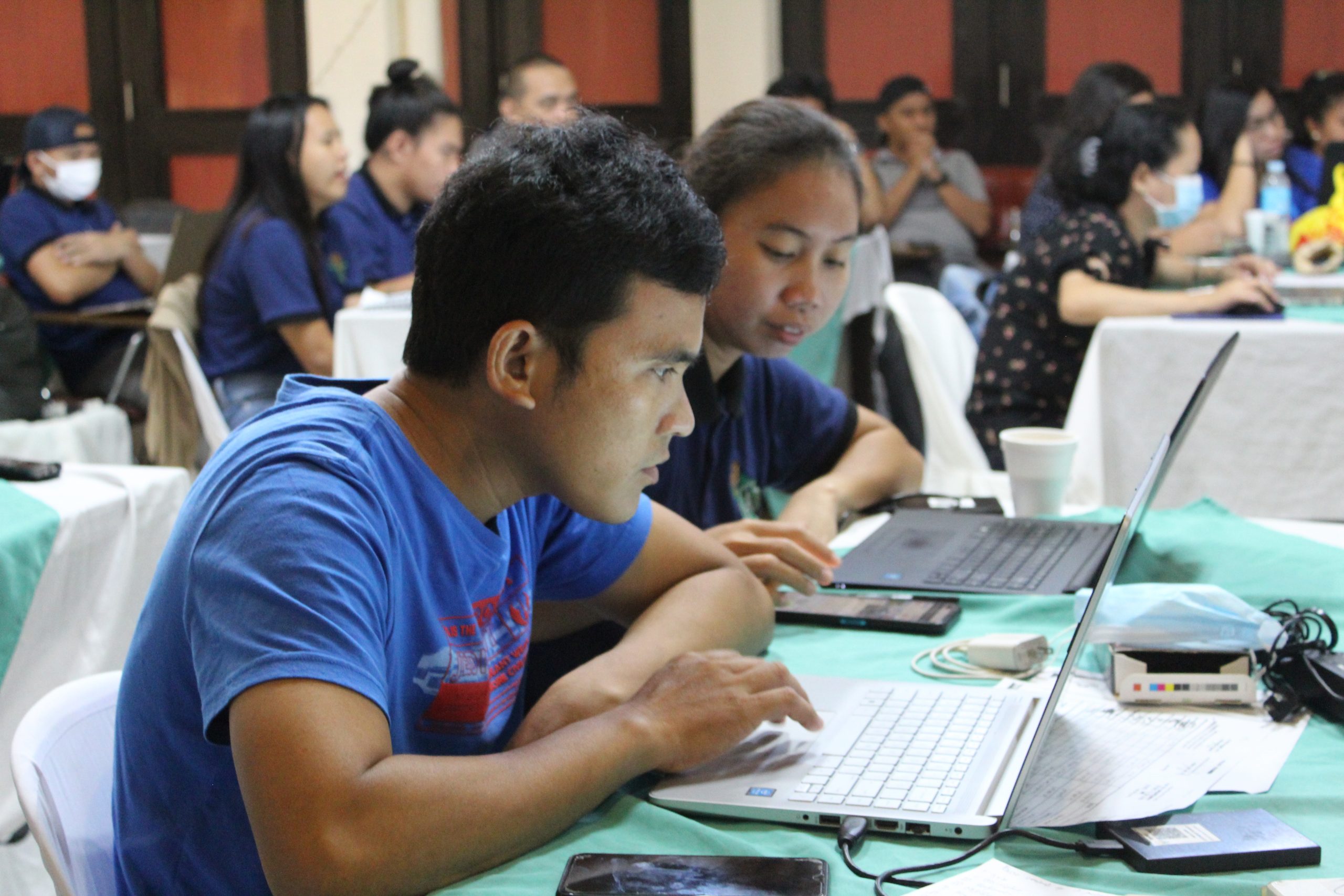

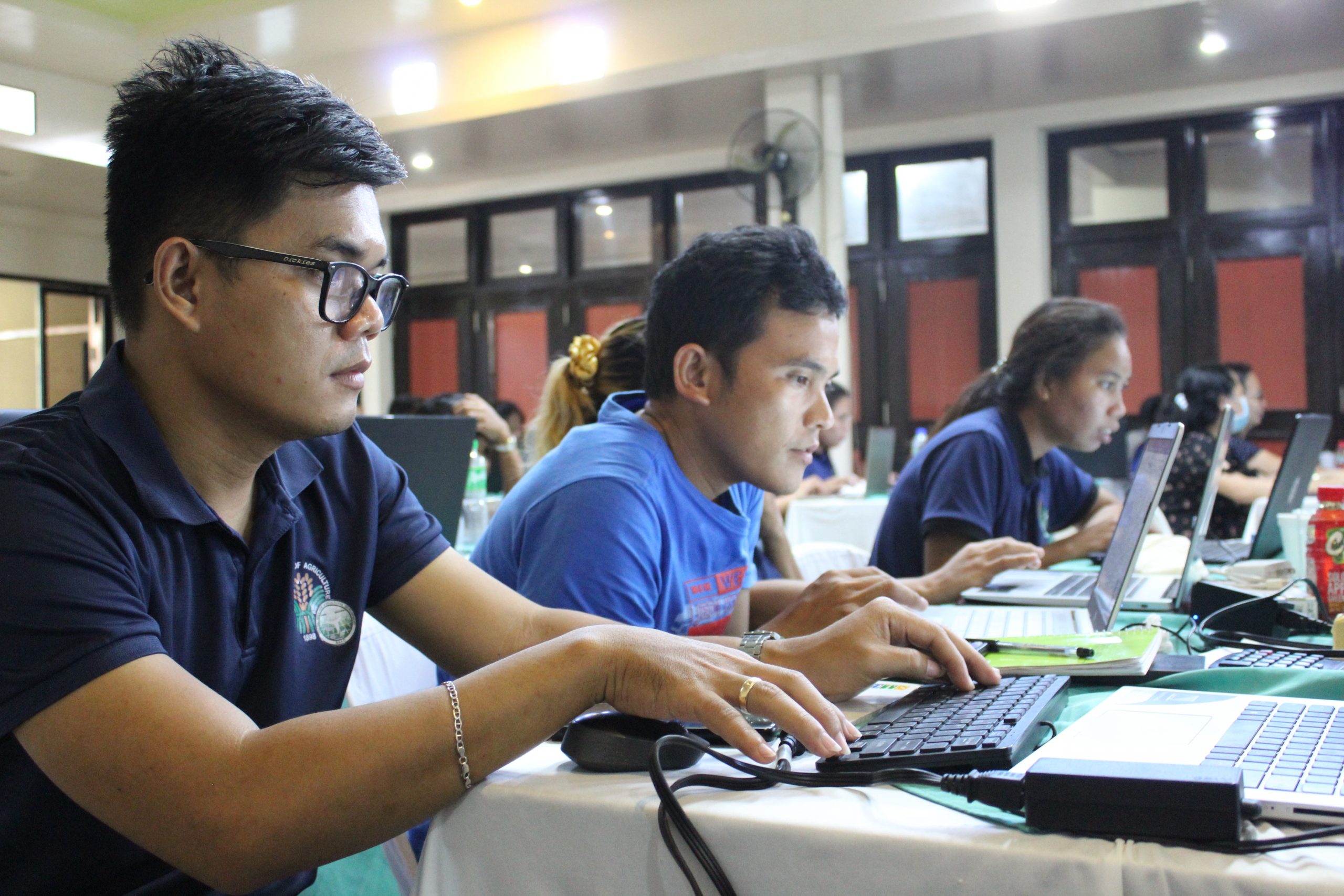
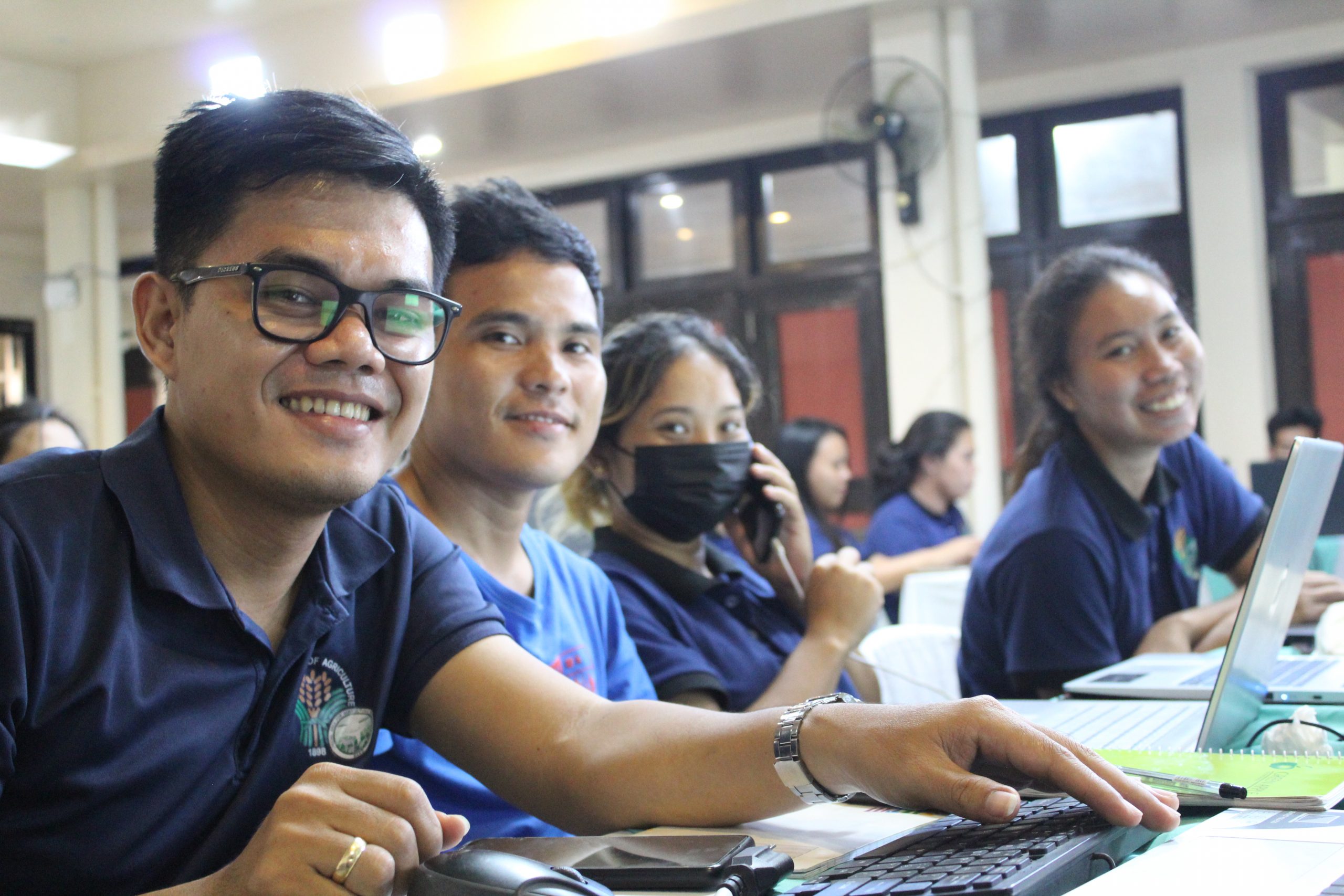
Comments (0)